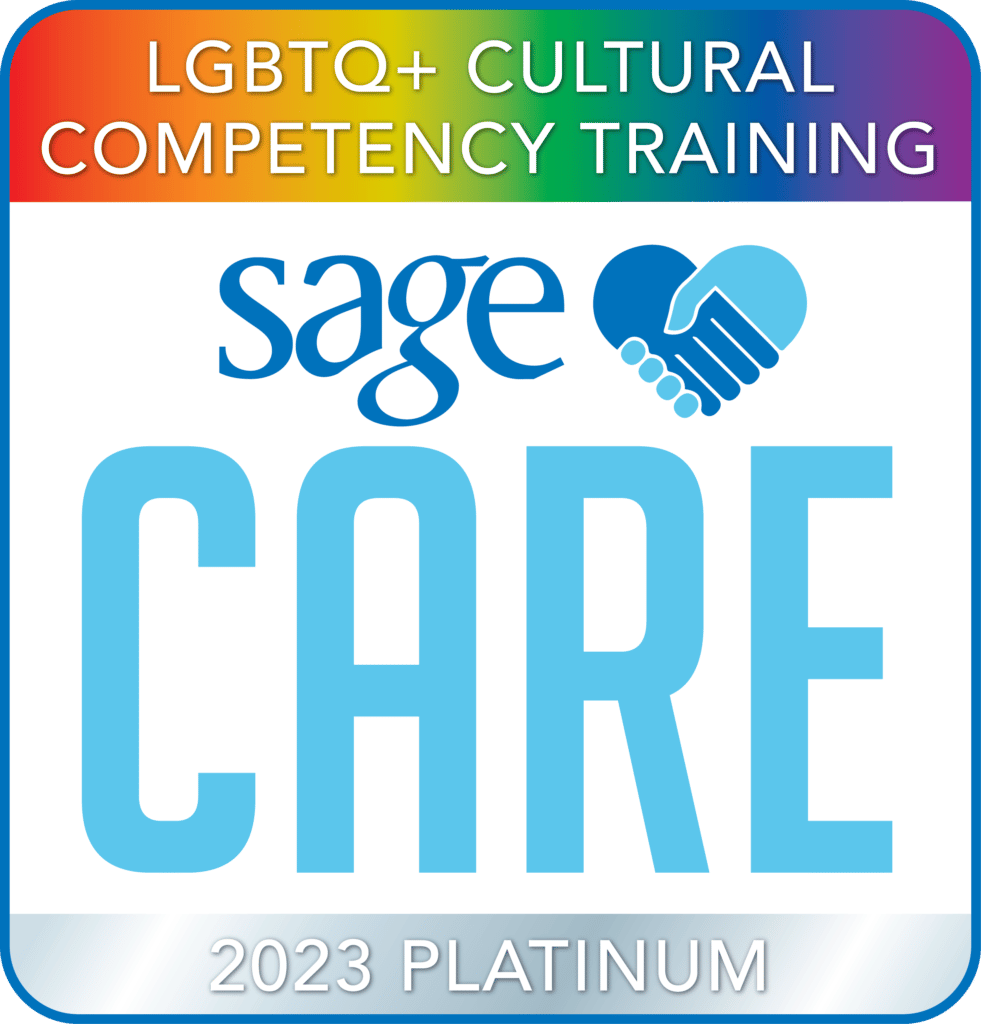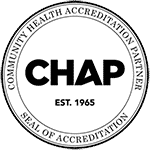What All Senior Men Need to Know About Prostate Health

It’s Prostate Cancer Awareness Month and although it’s not the most enjoyable topic to talk about (some would say it’s a bit of a bummer… get it?), it’s important that all men – and especially retirees and seniors – have the knowledge and information needed to support prostate health! Here’s some insight from our team specializing in home help services for the elderly.
Important Prostate Cancer Facts
Let’s start with some facts that show you just how important it is to be aware of prostate health!
- In the USA, prostate cancer is the most common non-skin cancer, with one in nine men – 3 million each year – being diagnosed with this form of cancer in their lifetime.
- If you are a male with a family history of prostate cancer, you are twice as likely to develop this health condition.
- The early symptoms, when the cancer is at its most treatable, are very difficult to spot, which is why regular screening is so important. One indicator is frequent urination, which can also be attributed to diabetes, urinary tract infections, and drinking a lot of water, so you can see what we mean when we say it’s a difficult cancer to detect at home.
Early Detection for Prostate Cancer
When it comes to cancers like this one, it’s all about annual screening procedures. That’s because early detection means early treatment. In fact, you have a 98% chance survival if it’s detected early – but only a 26% chance of survival if it’s only detected 5 years later.
So, what puts people off going for this clearly life-saving test? It comes down to two things really; a lack of awareness (which is why we have Prostate Cancer Awareness Month) and a fear over screening procedures.
Our home health aide services team is trying to raise awareness with articles like this so that senior men and their families know the importance of testing and maintaining prostate health. And as for the fear of testing, we can help you breathe a little easier – it’s just a simple blood test called a PSA (Prostate Specific Antigen) test.
Your doctor can perform this test for you, sending it off to a lab who will test for this antigen, which is produced by the prostate gland. If higher levels of this antigen are detected, you will have to go for further testing, as it may indicate the presence of cancer, a prostate infection or a benign condition called BPH (Benign Prostatic Hyperplasia).
Maintaining the Health of Your Prostate
In addition to getting tested once a year, there are other things you can do to help keep your prostate healthy. This includes:
- Eating healthily – A healthy diet helps prevent so many health conditions, including prostate cancer, so it’s important to make nutritious eating choices in your diet. Eating wholegrain breads and cereals, lots of fresh fruit and vegetables, cutting down on sugar and processed meats, and sticking to healthy portion sizes are all good ideas.
- Get off the couch – Exercise is also essential, helping you keep a healthy weight, strengthen muscles, and support cardiovascular health. It’s also good for your prostate! Choose an activity you enjoy, whether it’s jogging, yoga, tennis, swimming or dancing, treat yourself to some high-quality footwear or exercise clothing, and get moving for 30-40 minutes a day. Even a walk at a moderate pace will help.
- Start early – Regardless of your age, there is never a bad time to start exercising and eating healthily – but the way we treat our bodies during our younger years will pay off when we get older. While prostate cancer tends to affect older men, we can help fight this cancer by committing to our health in our 40s 50s and 60s. Your future self will thank you!
If you are looking for an experienced provider of home help services for the elderly in New Jersey, then it’s time to chat to our talented team of trained home health aides. Whatever your care needs are, whether you need residential in home respite care in NJ or around the clock skilled nursing care, we can assist you affordably and safely. Contact us today and find out more about how our home health aide services can ensure an independent, full and rewarding life!





